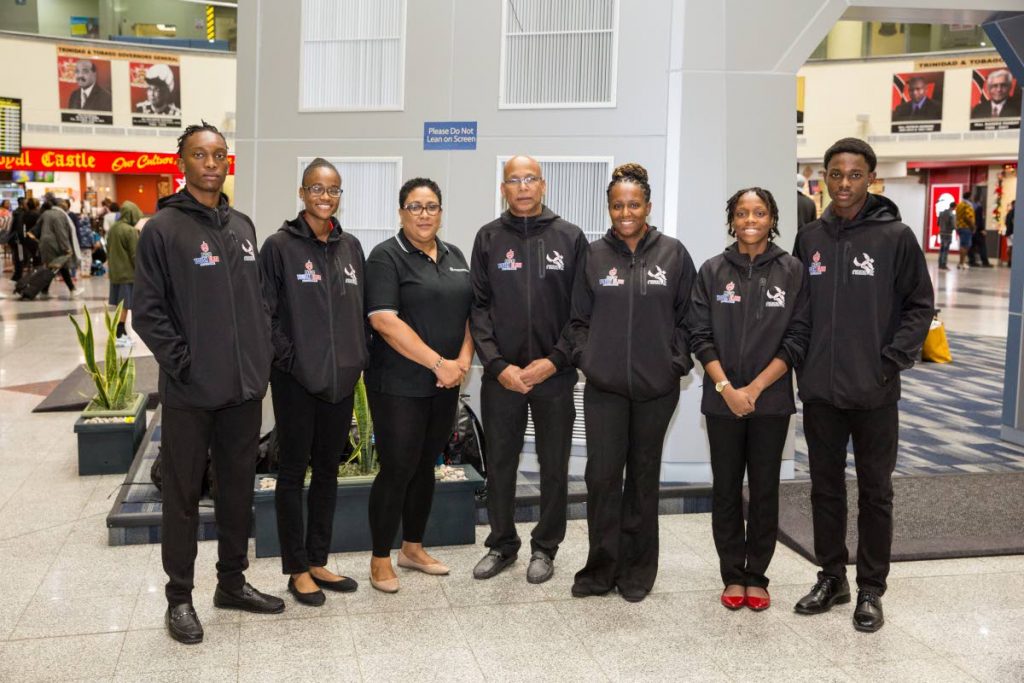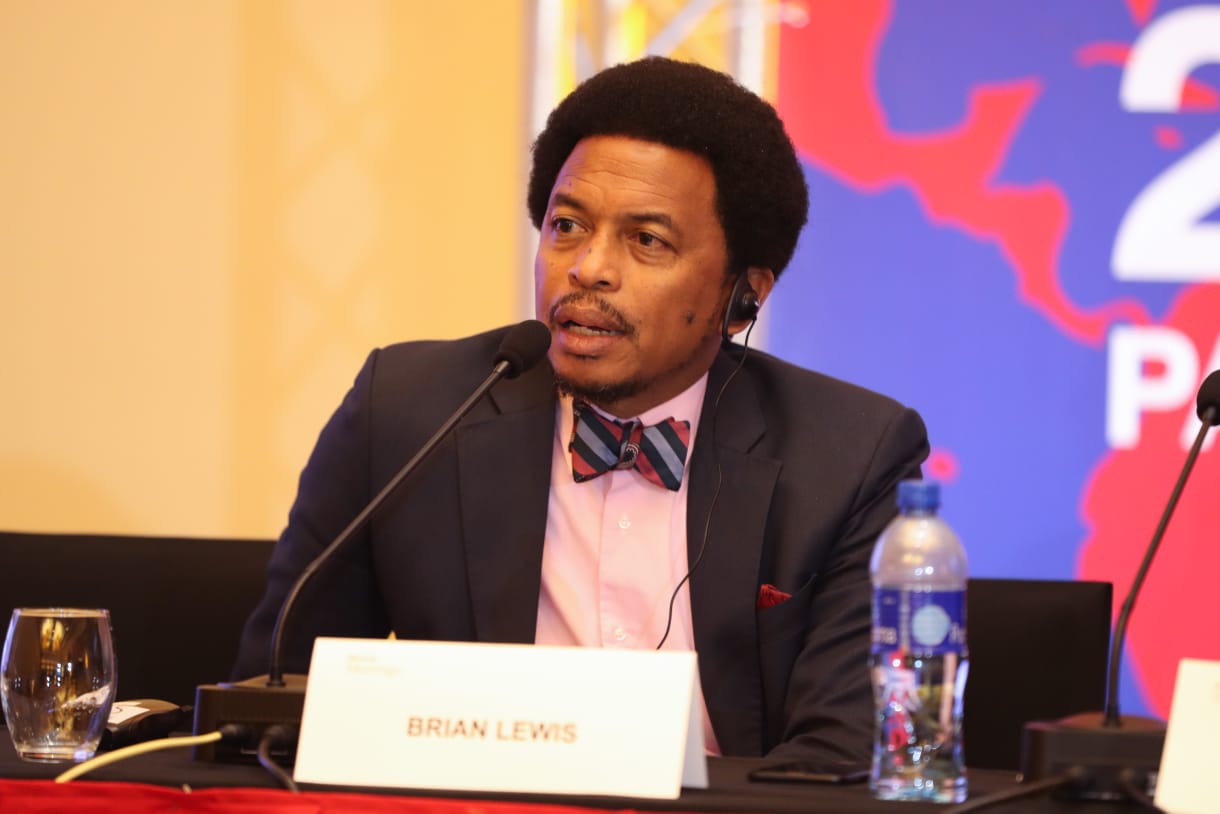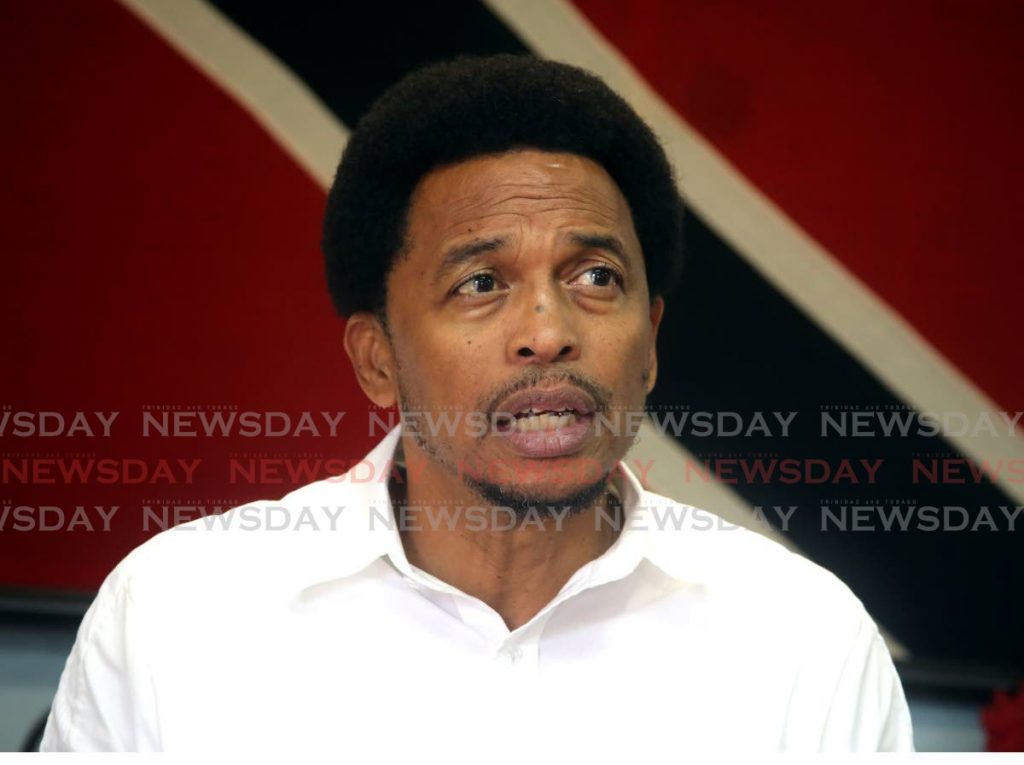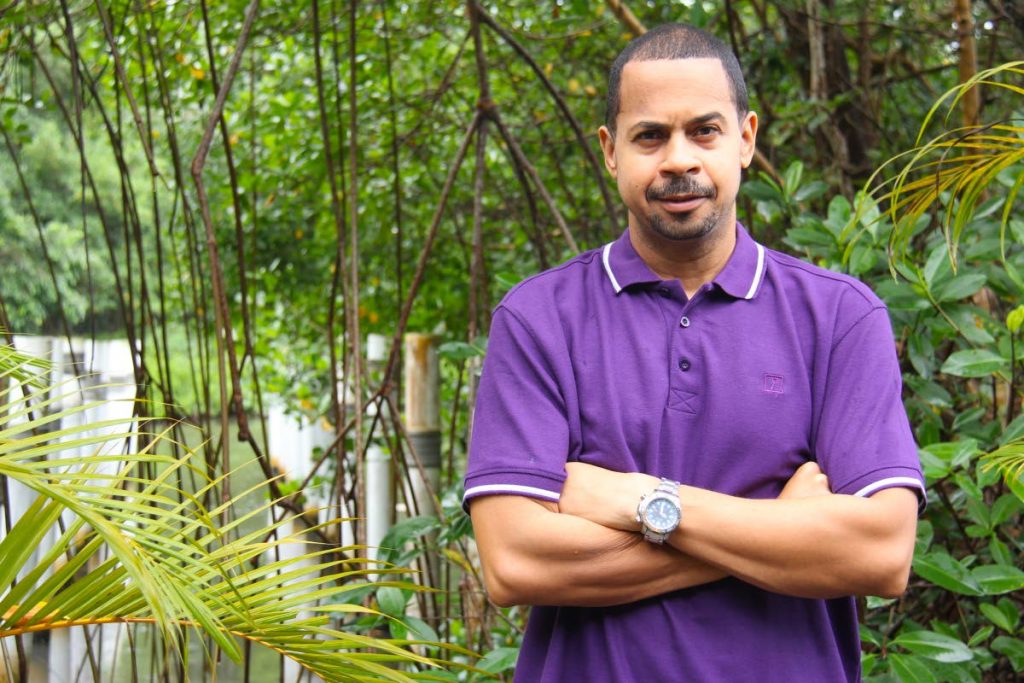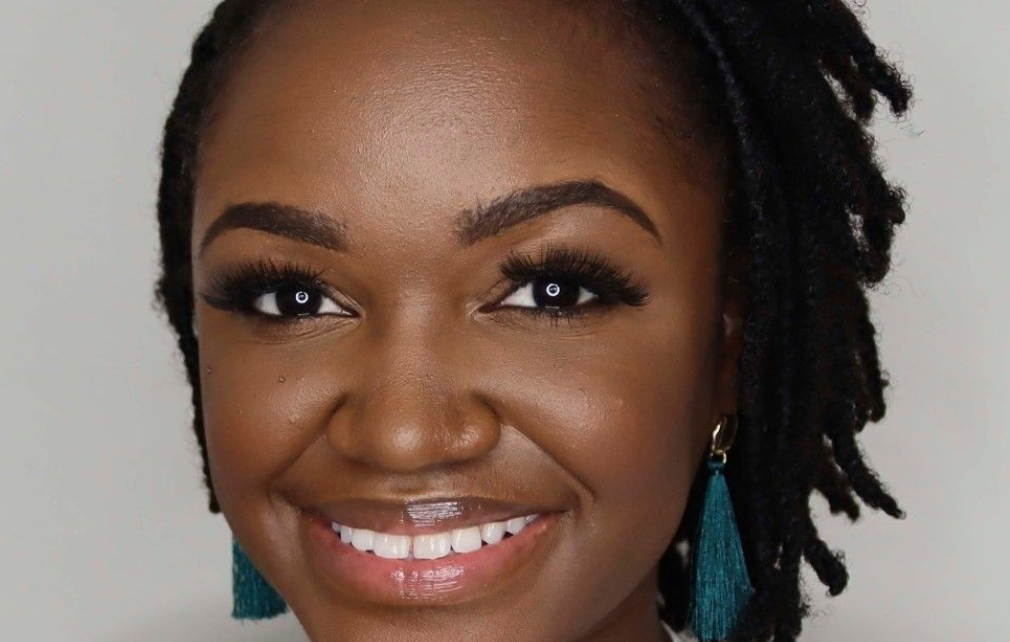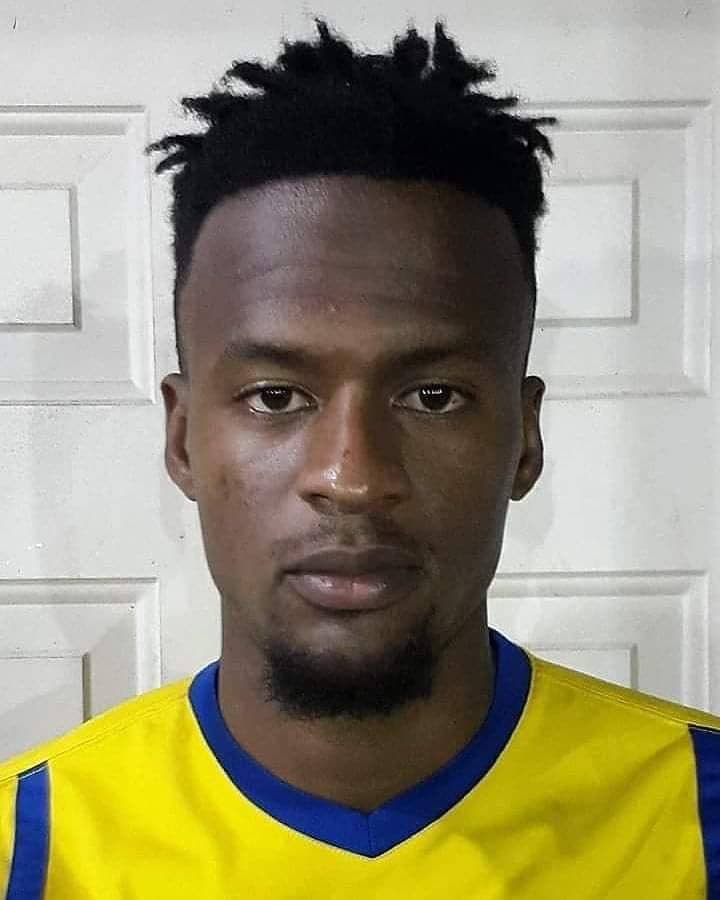Written by Cherisse Moe
With more and more young athletes falling victim to crime and criminal activity, Brian Lewis, President of the Trinidad and Tobago Olympic Committee, (TTOC), is calling for the two-year-old TTOC programme #Generationnextchampion to be taken more seriously as it aims to provide much needed support and resources for troubled youth, especially those living in at risk and rural communities, who may see no way out of their current circumstances.
Just this month, two promising athletes - basketball star, Shawn Lawrence 30, and footballer Nathan Julien, 28, were shot and killed in Maloney, in two separate incidents.
Lawrence, a father of two daughters, was described by his teammates as one of the country’s most promising ballers who had the potential to play professionally, while Julien, a Prison Service FC forward, was the Trinidad and Tobago Super League’s top goalscorer in 2019 and an aspiring Prison Officer.
Lewis explains that the initiative can save many of our nation's athletes from becoming a statistic or from choosing to follow a destructive path.
What prompted you to establish the Generation Next Champion programme?
A desire to use sport and Olympism to promote mutual respect and tolerance. Sport teaches important social and interpersonal skills which can be effective tools in keeping youth away from crime.
And to also identify talent and potential for Team TTO #10golds24 programme with a particular focus on at risk communities and rural communities. There is a perception of neglect, disenfranchisement and disengagement among at risk and rural communities about national sport organisations, an anti establishment attitude. Sport can make a powerful and positive impact and difference. I believe and know that. And it's important for the TTOC to have sustainable programmes that engage those who need it most.
The 2030 Agenda for Sustainable Development acknowledges sport as an important enabler of sustainable development. This is at the United Nations and there is a commitment to attaining the 2030 Sustainable Development Goals by the Government and Countries that are signatories to the United Nations Charter. I am unwavering in my belief that sport is a key driver of sustainable development in Trinidad and Tobago. TTOC programmes such as #generationNextChampion, #futureisfemale #10golds24 #cyg2021 #trinbago2021 #sportindustrytt #replacegunswithmedals #getmovingtto #activeTTO are effective tools that will make a positive difference with youth and young people.
What kind of feedback has the programme received thus far since ?
The programme is targeted to youths from at risk and rural communities. We have done a pilot project in Moruga and the feedback was awesome. We also attempted a programme in Chaguanas that unfortunately didn't progress as I would have envisaged. But it is also about learning from failures and adapting.
The TTOC has since reached out to support a boxing programme in Basilion Street and Beetham Gardens and we are interested in supporting another initiative up on the North Coast. We have worked with the Trinidad and Tobago Chess Association president Sonja Johnson to establish a chess programme in the Maximum Security Prison.
How important is it for the TTOC to promote sport as a positive alternative to crime and delinquency, especially for disenfranchised youth?
It's the essence of what the Olympic Movement is supposed to be about - Educating youth and young people through sport and investing in them. In the modern world, sport while not being a panacea, has benefits - health wise, socially, economically. Trinidad and Tobago is doing youth and young people an injustice by an ongoing attitude that goes back to colonialism - that sport is solely leisure - a hobby , recreation , a mere pastime.
When you first conceptualised the project back in 2018, you initially called it Replace Guns with Medals, why did you decide to rebrand it?
I was told that in at risk communities in particular, #replacegunswithmedals may be a barrier to the programme's acceptance. The programme is intended to be inclusive so if there is a view that the name is problematic it is wise to change it. If #generationnextchampion allows those who it can most benefit to freely participate, then, so be it.
How can local sport bodies better serve our athletes during this unprecedented time?
By encouraging their stakeholders to stay safe, stay healthy and obey all public health authority guidelines. The harsh reality is most national sport bodies are in a financial bind. It will take innovation, creativity and courage to overcome the covid-19 pandemic challenge. The sport industry has to engender unwavering determination and an indomitable will to not just survive but to eventually thrive.
For the country to move forward from covid-19, sport and physical activity will be a key tool socially, economically and health wise. The social strength of sport is a key tool in tackling the economic and health crisis caused by the pandemic.
There are key policy areas where sport and physical activity can positively contribute to rebuilding Trinidad and Tobago’s society during and after the crisis. An attitude of hope is important to keep the nation's sportsmen and women inspired and motivated to press on. No wind blows in favour of a ship without a destination. If we don't have a goal we are a ship without a rudder.
What advice do you have for athletes who may be feeling the effects of the global pandemic which has put an indefinite pause to their careers/ livelihoods?
Health is wealth. Focus on your controllables. Focus on your hopes, dreams and goals and cherish them. Believe in yourself, that you will overcome the covid-19 challenges. Where there is no vision the people perish, says the book of Proverbs 29:18.
Cherisse Moe
Senior Freelance Journalist

